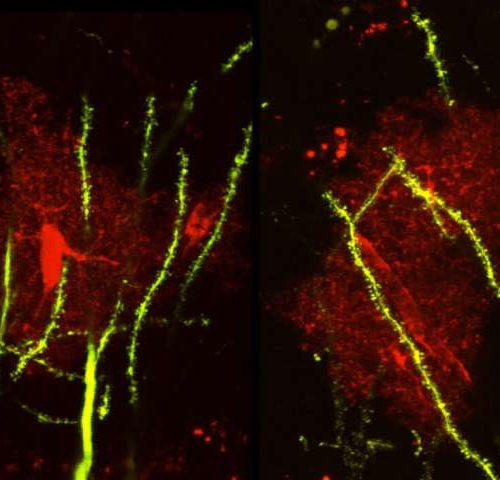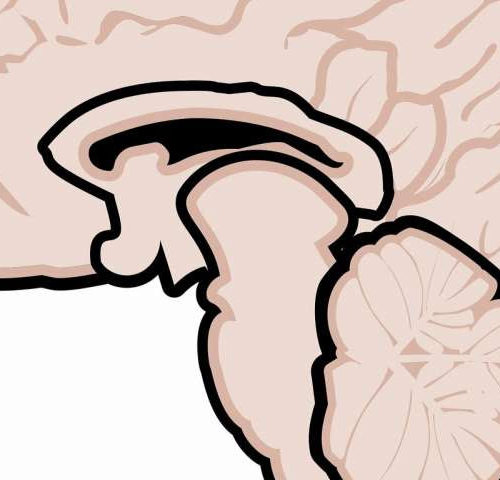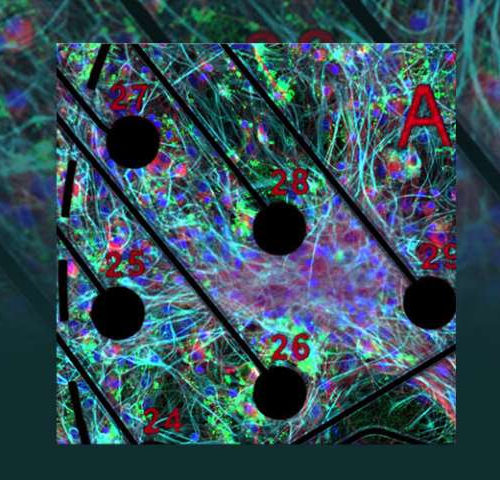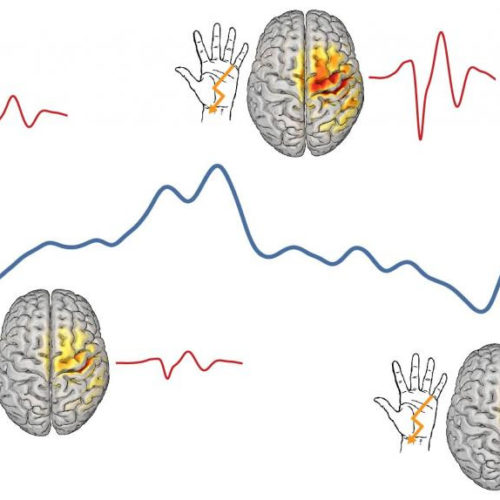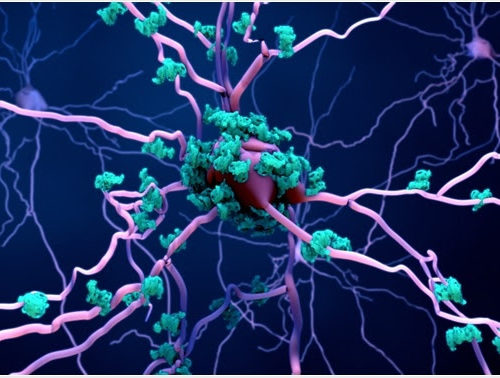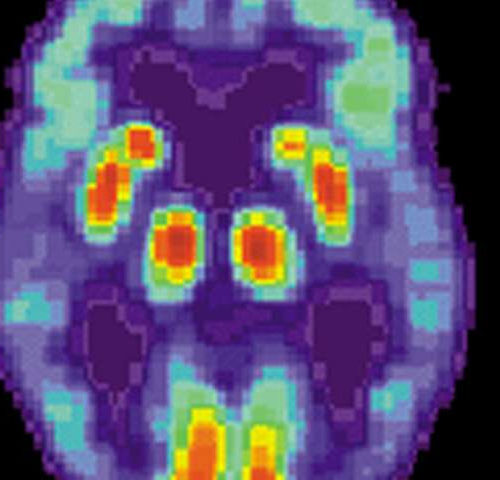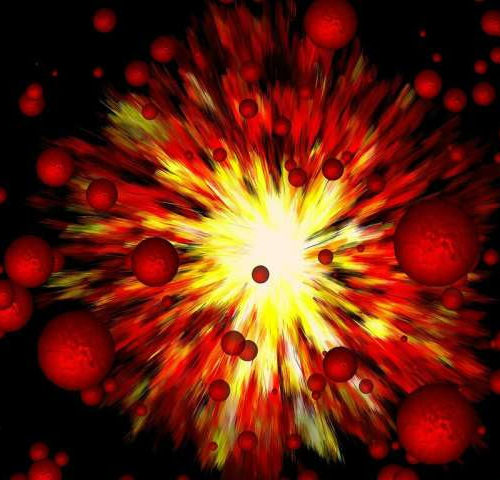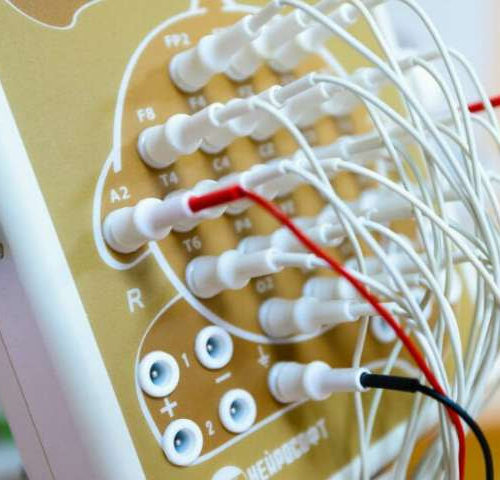by Iqbal Pittalwala, University of California – Riverside Confocal image of a mouse brain tissue shows the astrocytes (red) and neurons (green). Credit: Ethell lab, UC Riverside. A team led by a biomedical scientist at the University of California, Riverside has found a new mechanism responsible for the abnormal development of neuronal connections in the...
Tag: <span>neuronal</span>
Drug prevents multiple sclerosis relapses in phase 3 trial
by University of California, San Francisco A newly completed phase 3, multicenter clinical trial has found that an immune-modulating drug can silence inflammatory disease activity in a large majority of patients with relapsing multiple sclerosis (RMS)—the most common form of the illness, in which symptoms wax and wane. MS is an autoimmune disease in which...
Neuronal cultures advance ‘brain-on-a-chip’ technology
by Jeremy Thomas, Lawrence Livermore National Laboratory Laboratory team cultured rodent-derived neurons on microelectrode arrays and allowed the cultures to form networks, supplementing them with astrocytes and oligodendrocytes — cell types that play a critical role in neuronal health and function. Pictured is an immunofluorescence image of a complex culture, showing neurons (stained red), astrocytes...
Different from a computer: Why the brain never processes the same input in the same way
MAX PLANCK INSTITUTE FOR HUMAN COGNITIVE AND BRAIN SCIENCES HOW STRONGLY THE CORTEX IS EXCITABLE BY A STIMULUS (LIGHTNING SYMBOL) IS NOT LEFT TO CHANCE. RATHER, THE CHANGE BETWEEN LOWER AND STRONGER EXCITABILITY FOLLOWS A CERTAIN TEMPORAL PATTERN (VIOLET… view more CREDIT: STEPHANI/ MPI CBS Rustling leaves, light rain at the window, a quietly ticking...
Effects of Cell Death on Neurodegeneration
By Christy Cheung, MRes Neuronal cell death in the nervous system is a major contribution to neurodegenerative diseases. Despite occasional neuronal deaths during the process of aging, extensive neuronal cell death is rare in adults with a mature central nervous system (CNS). Nevertheless, there is an increased neuronal loss in patients with neurodegenerative diseases compared...
Clear signs of brain injury with severe COVID-19
CREDIT: PHOTO BY JOHAN WINGBORG Certain patients who receive hospital care for coronavirus infection (COVID-19) exhibit clinical and neurochemical signs of brain injury, a University of Gothenburg study shows. In even moderate COVID-19 cases, finding and measuring a blood-based biomarker for brain damage proved to be possible. Some people infected with the coronavirus SARS-CoV-2 get...
CANCER AND CHEMO TEAM UP TO MAKE NEUROPATHY WORSE
Contrary to common medical guidance, chemotherapy does not appear to be the only culprit in neuropathy, a neurological side effect of cancer treatment, according to a new study in rats. Cancer itself contributes heavily, too, and the stresses on neurons appear far worse than the sum of the two causes. “There was some distress caused...
Researchers identify two marine molecules with therapy potential against Alzheimer’s disease
by University of Barcelona An interdisciplinary research study of the University of Barcelona identified two potential candidates to treat Alzheimer’s disease. These are two marine molecules, meridianine and lignarenone B, able to alter the activity of GSK3B activity, a protein associated with several neurodegenerative diseases. The researchers used several biocomputational techniques to detect these so...
Scientists develop noninvasive ultrasound neuromodulation technique
by Li Yuan, Chinese Academy of Sciences Epilepsy is a central nervous system disorder characterized by recurrent seizures resulting from excessive excitation or inadequate inhibition of neurons. Ultrasound stimulation has recently emerged as a noninvasive method for modulating brain activity; however, its range and effectiveness for different neurological disorders, such as Parkinson Disease, Epilepsy and...
Scientists develop technique for more accurate brain diagnoses
by South Ural State University, South Ural State University Scientists of South Ural State University have developed a technique to identify the functional state of the brain with absolute accuracy. The results of the study will contribute to medical and physiological diagnostics. Electroencephalography is a study of the brainbased on the recording of its bioelectric...
- 1
- 2

